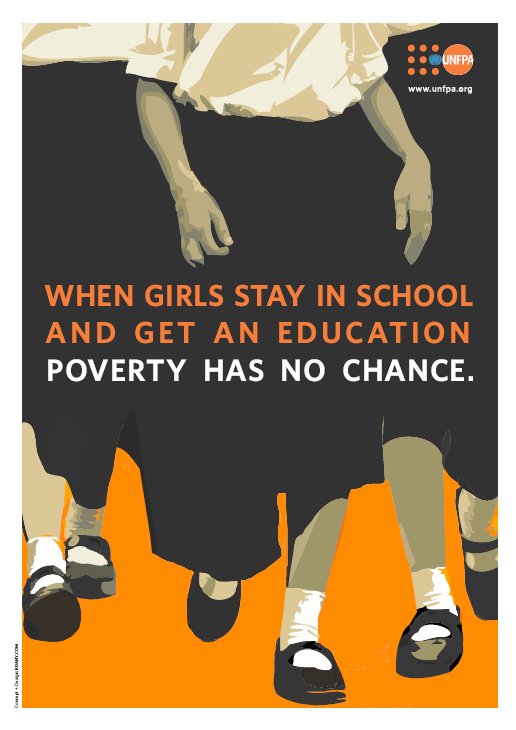Every single minute, a woman dies from pregnancy related causes somewhere in the world. That's one statement from the Population Institute in Washington made to highlight World Population Day, held by the United Nations Population fund on the 11th of July.
 Global population is growing at a phenomenal rate - It took all of human history until 1830 for world population to reach one billion. The second billion was achieved in 100 years, the third billion in 30 years, the fourth billion in 15 years, and the fifth billion in only 12 years. Population is predicted to exceed 9 billion by 2050.
Global population is growing at a phenomenal rate - It took all of human history until 1830 for world population to reach one billion. The second billion was achieved in 100 years, the third billion in 30 years, the fourth billion in 15 years, and the fifth billion in only 12 years. Population is predicted to exceed 9 billion by 2050.
We're made very aware of the threats of a changing climate, how rising sea levels could force millions out of their homes, threaten food security and increase conflict, but rising population can only make all of these effects worse. Larger populations need more land for crops, reducing forest cover, decreasing biodiversity and ecosystem services and actually making climate change worse.
Overpopulation is also at the root of more immediate human problems - poverty, HIV/AIDS, childhood illness, access to drinking water and the effectiveness of vaccination programmes are all made worse by being overpopulated.
World Population day hopes to raise awareness of the issues of overpopulation, especially to governments who are considering ways to save money in the current financial climate.
There's no quick fix for overpopulation, and it's certainly not something we can solve in a single day, but an awareness of the problems and opportunities can help us, and our governments, make the right decision.
Investments in women's education, family planning, public health and other social services can make a difference, and should not be allowed to suffer because of the global financial crisis. Already, developing nations are feeling the consequences of the financial crisis in the west -the credit crunch has affected funding for HIV/AIDS programmes in Africa; 90% of family planning in Uganda relies on overseas funding and half of the funding for healthcare in Africa comes from funding sources in America. A financial crisis in the west risks becoming a humanitarian crisis in the developing world.
References
- Previous Salt-Tolerant GM Plants
- Next A rush of blood to the head









Comments
Add a comment